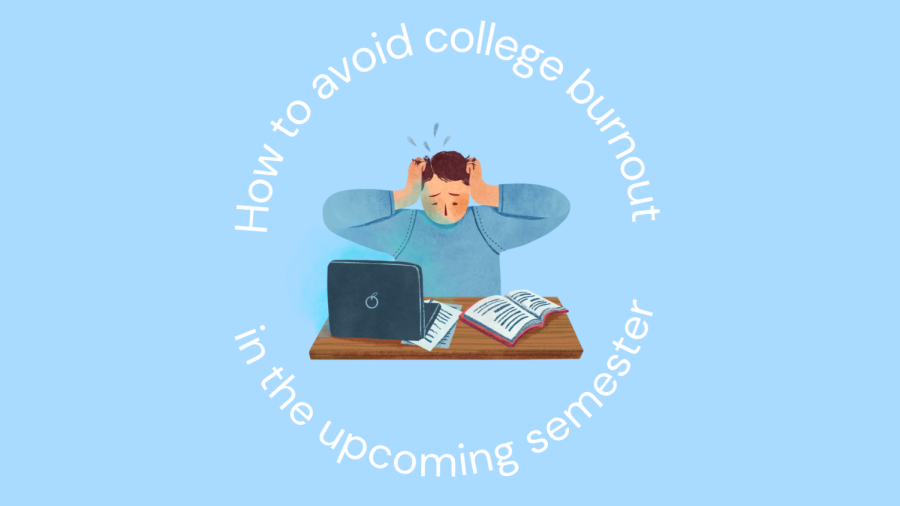The transition to remote learning has been difficult for some students, leaving them unmotivated, fatigued, and struggling. What are some solutions for those who may be feeling overwhelmed?
Matthew Harris is a program manager of Persistence Advocacy at the University of North Florida. Persistence Advocacy is an initiative that provides support to students who may be facing academic challenges. The program is in partnership with Student Academic Success Services (SASS).
Like other universities around the country, the pandemic has forced colleges to limit the number of face-to-face learning opportunities based on recommended health and safety guidelines, physical space constraints, instructor availability, and student demand. Harris says that he hears from students who don’t prefer online learning and others who enjoy the flexibility.
“Most feel frustrated and miss the in-person aspects of classes,” Harris mentioned.
Harris suggested some impactful tips that students can implement into their lives to stay motivated when taking online courses. One of these suggestions is to build a routine and start with simple habits. For example, block off Monday mornings to work on an English class.
“The biggest challenge to motivation is procrastination, but that can be overcome with healthy time management,” Harris explained.

Other methods that may help is getting organized and creating a designated space where you can work on classes free of distractions.
Harris said that“If you use the desk in your dorm room, for instance, you can use headphones to block out any roommate noise. Keep social media tabs closed while you designate time for classwork. That’s the self-discipline piece. The flexibility piece is that you get to choose, when, where, and how to study for online classes. Maybe that means visiting the library on Monday afternoons, or sitting outside at the student union between classes to read.”
A lot of students are having a difficult time focusing because they feel isolated in their learning environments. Harris says that sometimes the biggest barrier to feeling connected to an online class is the medium. If you are not comfortable and engaged on Zoom, or watching material in Canvas, then it is easy to check out.
“The best tip I can give is to work on becoming more comfortable with tools like Zoom and Canvas,” Harris says. “Turn on your camera, ask questions in the chat, and find new ways to connect with your instructor and peers.”
Some helpful resources to take advantage of are the Peer Academic Coaches, who meet with students one-on-one to talk about their needs, goals, and commitments. Coaches can help recommend specific strategies, like block scheduling or using more advanced Canvas features, to help with time management.
There are also Student Success Webinars designed to help students with academic soft skills, which are known as project management, stress management, writing skills, note-taking, and exam preparation. Attendance is free and no advance registration is required.
The university has also added Distance Learning coaches to help students stay connected in the online learning environment. These coaches are assigned to specific course sections. There are also support resources like tutoring and Supplemental Instruction that are continuing at full capacity.
If you’re a student who is struggling with the new climate of learning through the pandemic, don’t be discouraged. There are people, options, and resources prepared to help students through it.
___
For more information or news tips, or if you see an error in this story or have any compliments or concerns, contact editor@unfspinnaker.com.
















